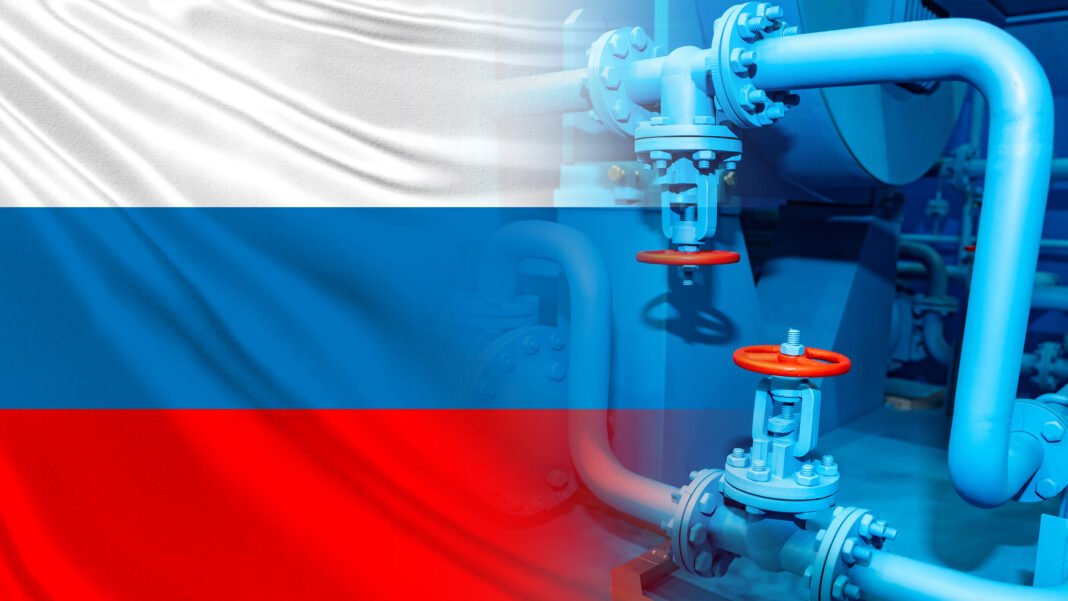Moldova has declared a state of emergency over concerns that Russia may cut off gas supplies this winter. The move aims to protect the country from potential energy shortages and economic disruption.
Emergency Measures to Prevent Energy Crisis
On Friday, Moldova’s parliament approved an energy state of emergency starting December 16 and lasting for 60 days. The decision comes amid fears that Russia could weaponize gas flows to the Kuciurgan power plant, Moldova’s largest energy provider, located in the pro-Russian breakaway region of Transnistria.
Prime Minister Dorin Recean described the situation as an “exceptional threat” and warned that Moscow’s actions could leave Moldovans without heat and electricity in the middle of winter.
The Kuciurgan Plant’s Vulnerability
The Kuciurgan power plant is heavily reliant on Russian gas supplied by Gazprom. The plant generates electricity for a significant part of Moldova, but its location in Transnistria, which broke away from Moldova in 1992, adds to the complexity. Although Transnistria privatized the plant in 2004 and sold it to a Russian state-owned company, Moldova does not recognize this privatization.
In late 2022, Moldova suffered major power outages when Russian missile strikes on Ukraine disrupted electricity flows from the Kuciurgan plant. Recean stressed that this winter should be the last where Moldova is vulnerable to such threats, accusing Russia of provoking crises to create “panic and chaos.”
Transnistria Declares Parallel State of Emergency
In response to the potential gas cut-off, Transnistria has also declared a state of emergency. The region fears it could face severe energy shortages if Russian supplies are disrupted.
Diversifying Moldova’s Energy Sources
Since Russia’s full-scale invasion of Ukraine in 2022, Moldova has worked to diversify its energy sources and reduce reliance on Russian gas. Neighboring Romania has pledged support. Romanian Energy Minister Sebastian Burduja stated that Romania has the capacity to assist Moldova if needed, describing it as a duty “in the face of aggression from the east.”
Moldova’s Pro-European Path Continues
President Maia Sandu, re-elected in October 2024, continues to steer Moldova toward EU membership. A recent referendum showed strong public support for this direction. However, the country’s progress has been shadowed by ongoing allegations of Russian interference, which Moscow denies.
Despite these challenges, Moldova remains committed to securing energy stability and ensuring that no citizen faces a winter without heat and power.
